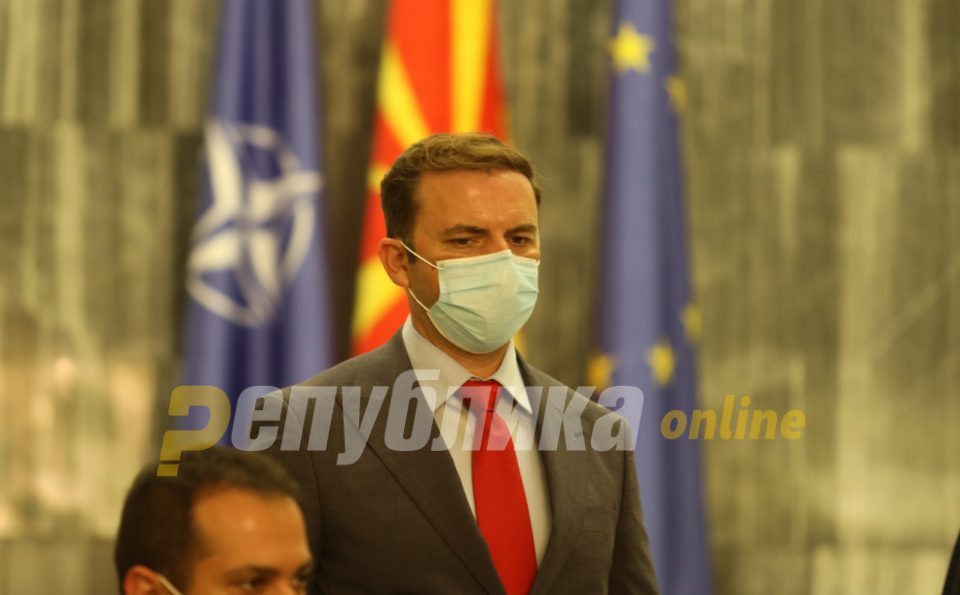The Minister of Foreign Affairs, Bujar Osmani said Friday in an interview with TV21 that the negotiating framework is adopted by consensus of 27 member states, which means that any of those member states, on any issue, if they do not agree with the text, they may not approve it.
He says that they present it as a blockade or a veto, ie the citizens understand it that way because that is exactly what it is – failure to approve the text of the negotiating framework.
Throughout this period, talks are held with all 27 member states which add various amendments to the text, request withdrawal of certain words, sentences and all this is managed by the German presidency which communicates with all member states and according to their reactions to the text, the German presidency offers compromise solutions. In the end the negotiating framework must be accepted by the country to which it refers, which means that a framework that is not acceptable to our country cannot be approved and hence the need, in this period until the publication of the framework, to hold consultations with us, but also the member states among themselves regarding the final text that should be approved by the General Affairs Council, says Osmani.
He added that first the Commission submitted a draft text that was acceptable to the Macedonian authorities, despite the fact that it was much stricter than previous texts in the negotiating framework of other countries due to the new principles introduced under the new methodology.
We have made it clear that we are not running away from a stricter process because we are not entering this negotiation process just to skip a phase or go the easy way, but on the contrary, to face the transformation of the country and prepare it for EU membership, Osmani told TV21.
He says that membership is not just a bureaucratic process, but it refers to the shared fundamental values of the European Union and sometimes it happens through interventions, which do not refer to conditionality and transformation, which may be contrary to the fundamental values of the EU and that’s when such problems are created.





Comments are closed for this post.